Very few sitcoms have found the kind of love and appreciation that Brooklyn Nine-Nine has. The wholesome workplace comedy about a diverse team of quirky detectives and their commanding officer has a keen, effervescent quality and introduced a really fresh brand of humor which won hearts very quickly.
The show that brought back from cancellation is set to end with the eighth and final season, and while the sitcom has given its fans some cultural milestones and a lot of meme-worthy moments, it did have some flaws that fans haven’t always been quick to notice.
10 No Balance Between Workplace And Personal Narratives
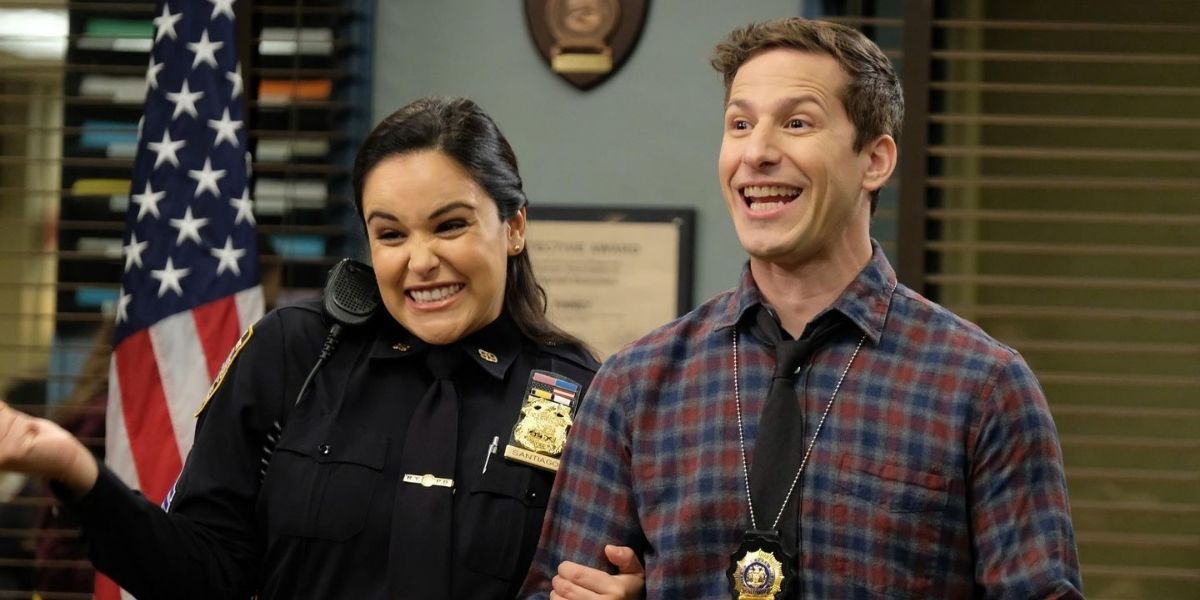
It’s never easy for workplace sitcoms to find the right balance between professional and personal storylines, especially with an ensemble cast. Parks and Recreation and The Office found that rare footing with its brand of crisp and hearty comedy; shows like Veep or The Mindy Project, however streamlined their focus towards a single lead.
Brooklyn Nine-Nine started out strong as the storylines seemed to be evened out with a particular focus on Jake and Amy’s arc, but season 4 onwards the show struggled to find that same old originality, especially since it had to introduce a few so-called 'couple problems' which had already happened in the sitcom space before. The show essentially failed to shift gears as smoothly as it used to between personal backstories and workplace issues, since some narratives needed more time to unravel, and yet weren't very originally packaged.
9 Character Development Grew Weaker
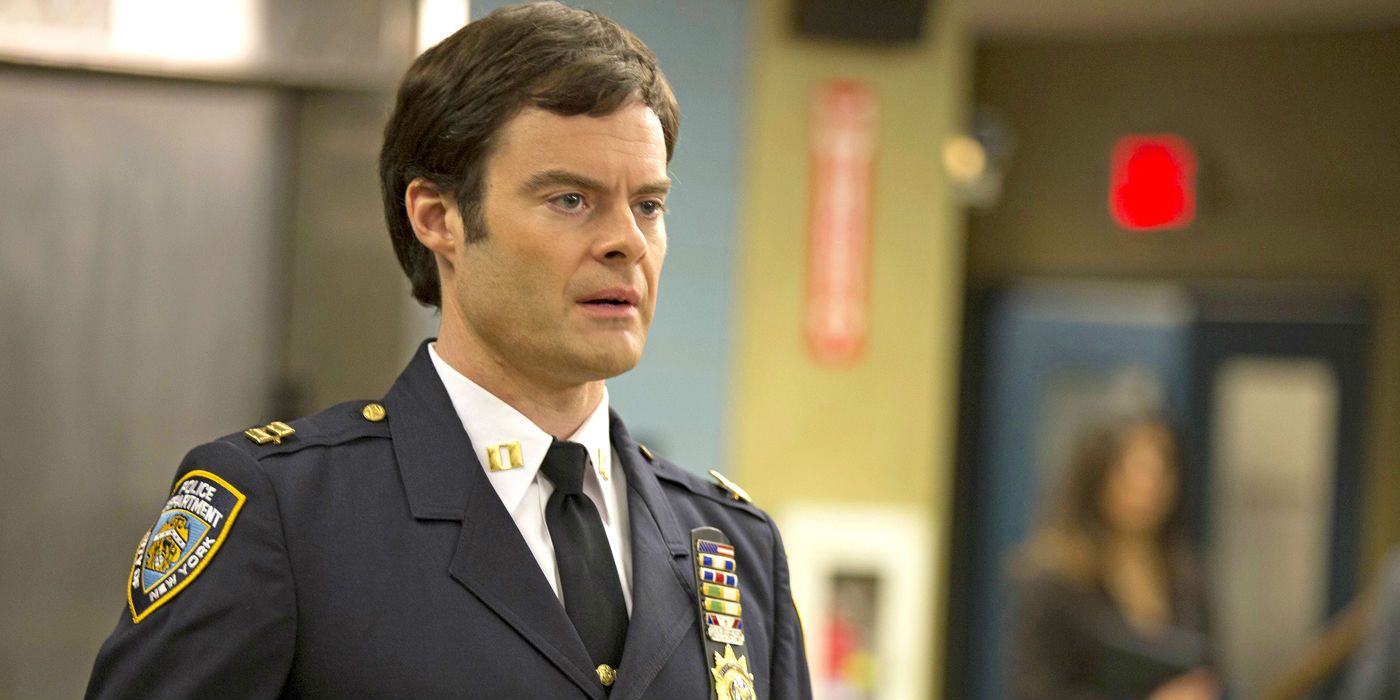
Surprisingly, fans don’t talk about this aspect enough; season 1 and 2 had some of the finest recurring characters and cameos but season 3 onwards, secondary characters or new additions were really underdeveloped. The comic execution also became weaker in terms of engagement. One of the big problems was of course, the element of quirk had grown on the senses of the audiences so the show really needed to have punchier scripts season 3 onwards.
That was also the season Jake and Amy’s romantic arc started getting more screen time, as did Rosa and Charles' personal lives. The show needed to become significantly tighter so newer characters, especially the baddies like Jimmy Figgis or Bob Annderson or even Captain Dozerman, could add to the comedy and the overall pace and not slow things down.
8 Became Formulaic
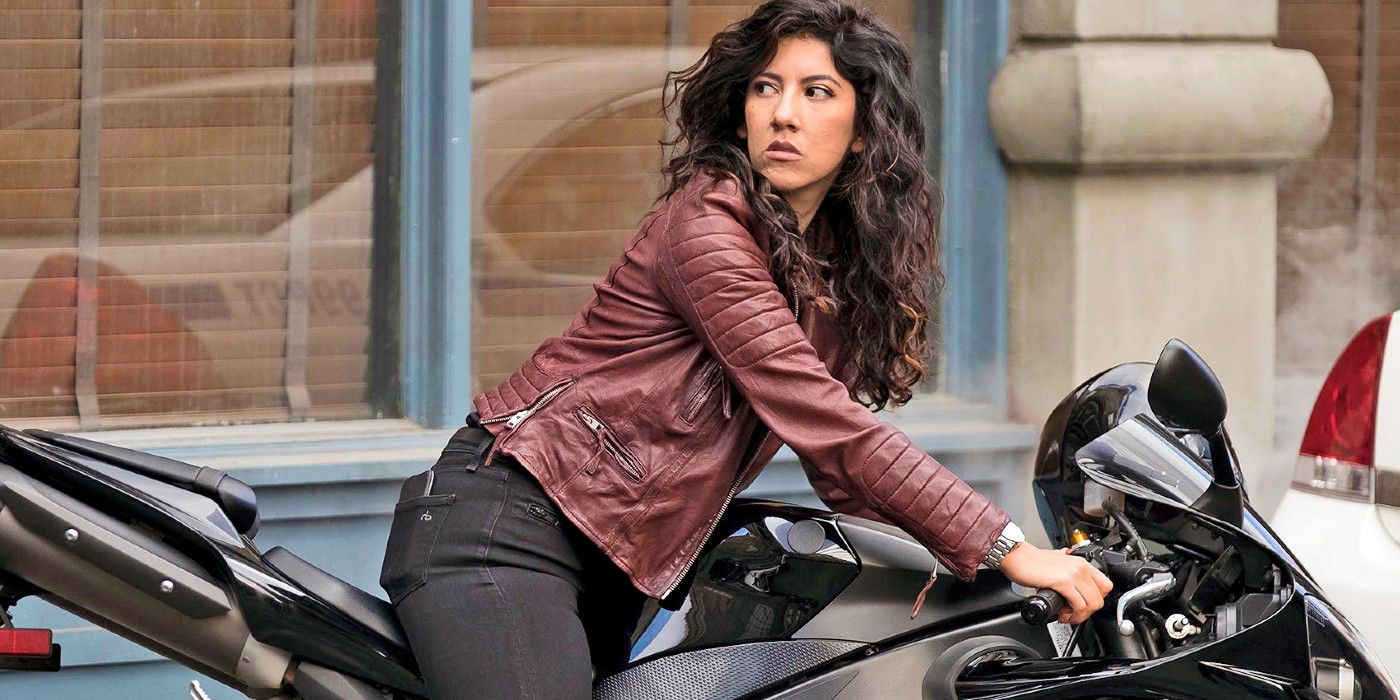
In all fairness, any show that has been on for seven years will need to come up with certain recipes and B99, too, developed a few formulas for its script design. The thing is, post season 4 the show introduced some sloppily written storylines and used some formulaic tropes, and as a result it failed to keep the fandom engaged and also made things somewhat predictable.
Jake and Rosa’s imprisonment, for instance, was not as well-developed and refreshing as Jake’s undercover operation from season 2 that was rather sharp and really fun. Audiences obviously knew Rosa and Jake would eventually get released and no real harm would come to them, so the stakes were quite low.
7 Not Single Camera-Friendly
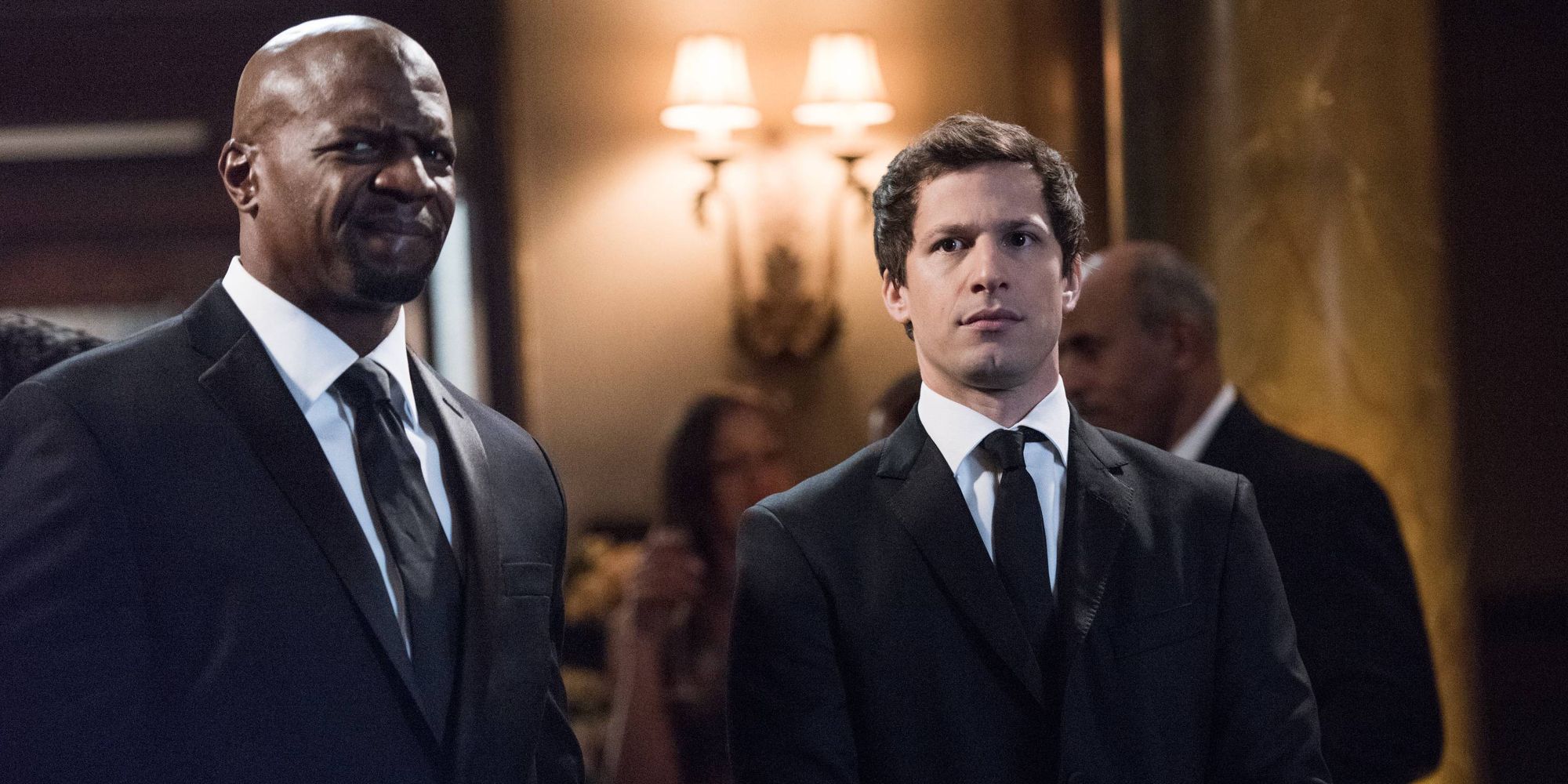
A lot of fans have talked about how the show would have thrived as a mockumentary, as many workplace comedies have. Brooklyn Nine Nine does not have a laugh track. It also doesn't have cheeky background narration like Arrested Development or the astute design of Community or 30 Rock. Content-wise, Brooklyn Nine-Nine is significantly less edgy than most single-camera sitcoms that have found success.
Plus, the gag-rate on the show can get quite loopy especially with random cutaways; this makes it harder for audiences to connect with the moods of the show. So, many times when audiences don’t find an episode engaging, the issues lies not with an erratic screenplay but with the format.
6 The Longer Storylines Was Bad For Non-Marathon Viewers
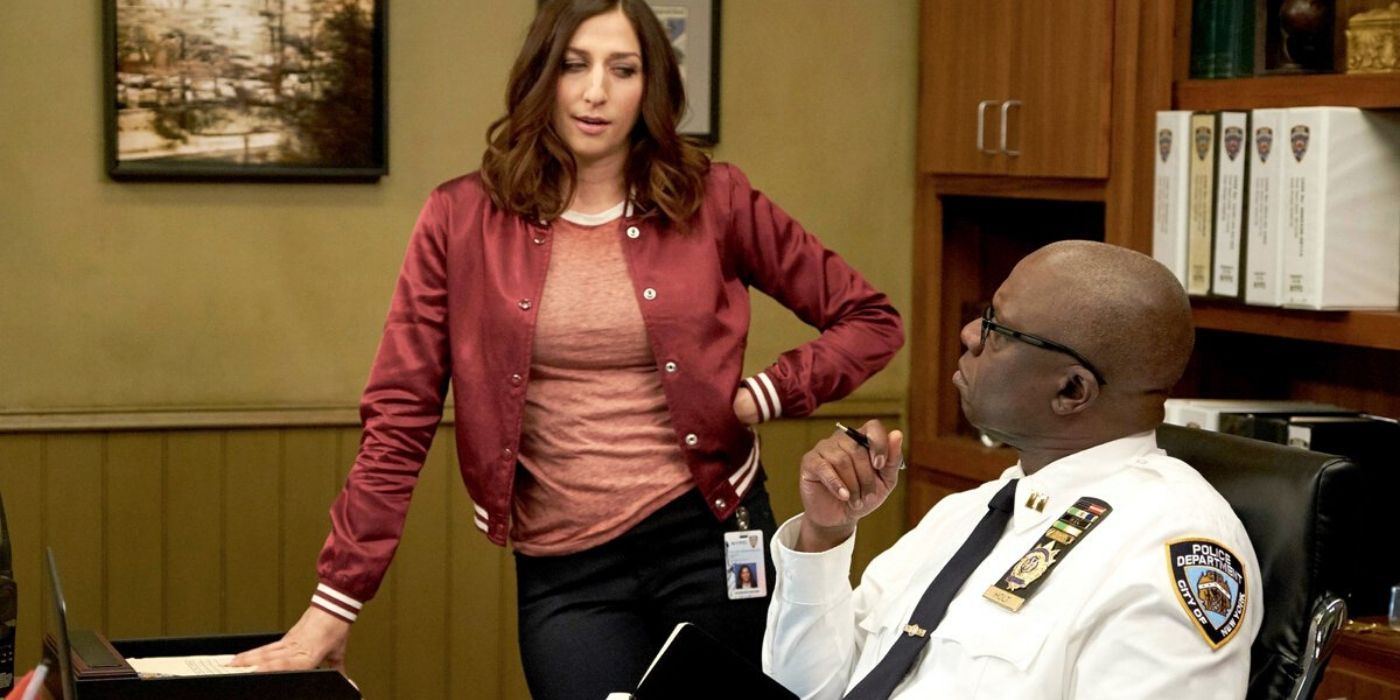
One of the worst things the show has attempted was introducing long-winded storylines which was clearly a bad idea for this format. Some of the best episodes of the show have been standalone episodes which have begun and wrapped up during the course of a single episode (like the episode titled "The Box" in season 5 or "48 Hours" in season 1).
Elaborate storylines are a risky gamble for sitcoms because low-stake situations tend to meander and eventually lose the audience’s interest; it also makes it harder for new viewers to keep up. Storylines like the night shift or Holt’s demotion eventually lose their comedic punch and also become predictable.
5 Lack Of Relatable Characters
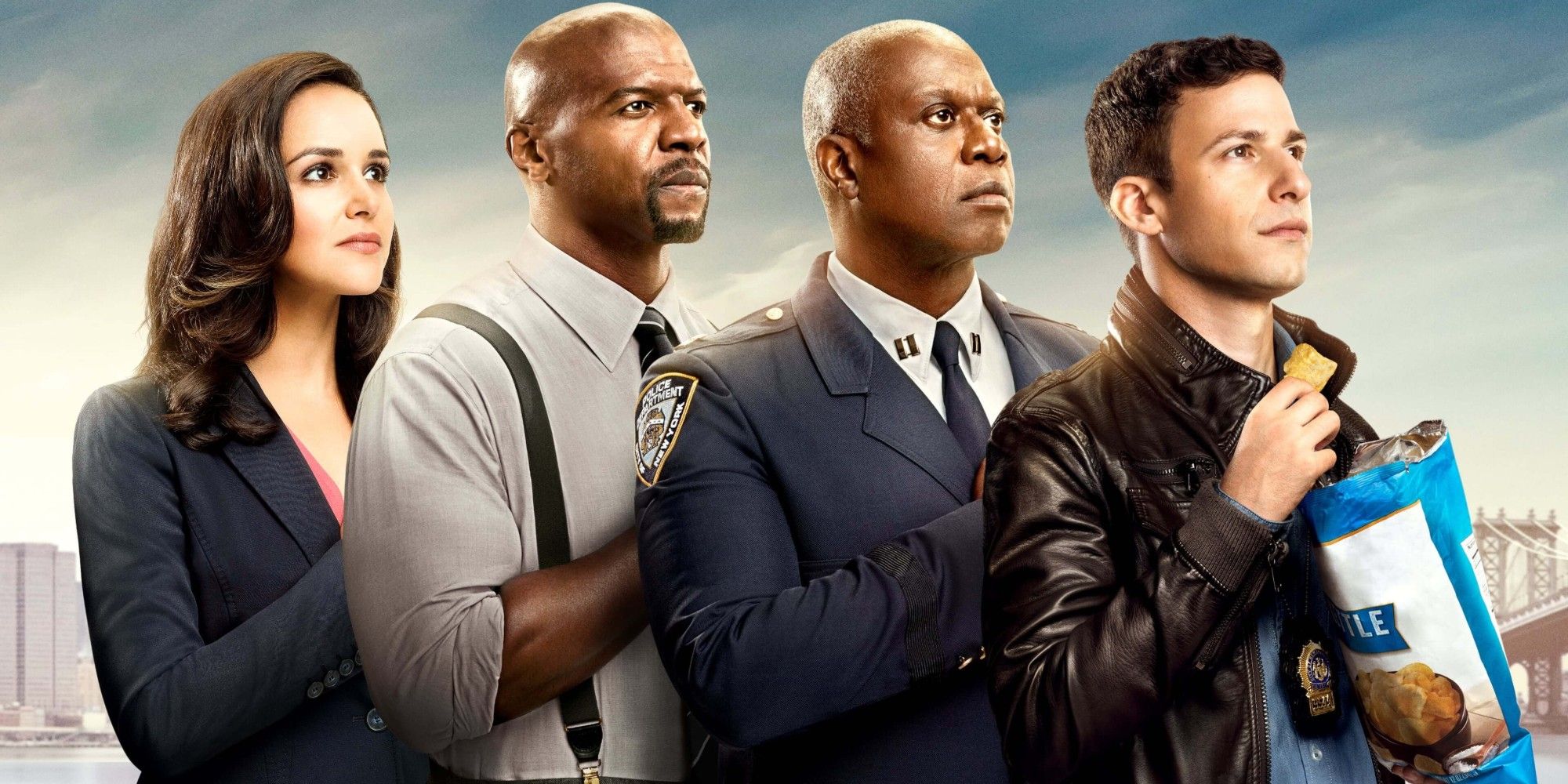
Perhaps one of the biggest flaws of the show is its lack of relatable characters; the show has done a lot for representation be it for queer people or women of color and has even broken many toxic stereotypes about race and gender.
Despite the stellar ensemble and character progression, the show never designed a primary character who doesn’t have an extreme oddity or a fierce set of skills. Rosa is ninja-like, Terry is unbelievably ripped, Charles is a super sophisticated food connoisseur (although he does have some super engaging and grounded problems), Holt is an incredibly highbrow culture fiend, Gina is Gina, and Jake is Jake.
Amy is the most relatable person on the squad, and even she’s a high-performing organization enthusiast who can probably run the precinct on her own. It’s perhaps hard for a cop show to have a 'regular Joe' in their precinct, however in the later seasons this gap was severely felt.
4 The Romantic Storylines Are Duds
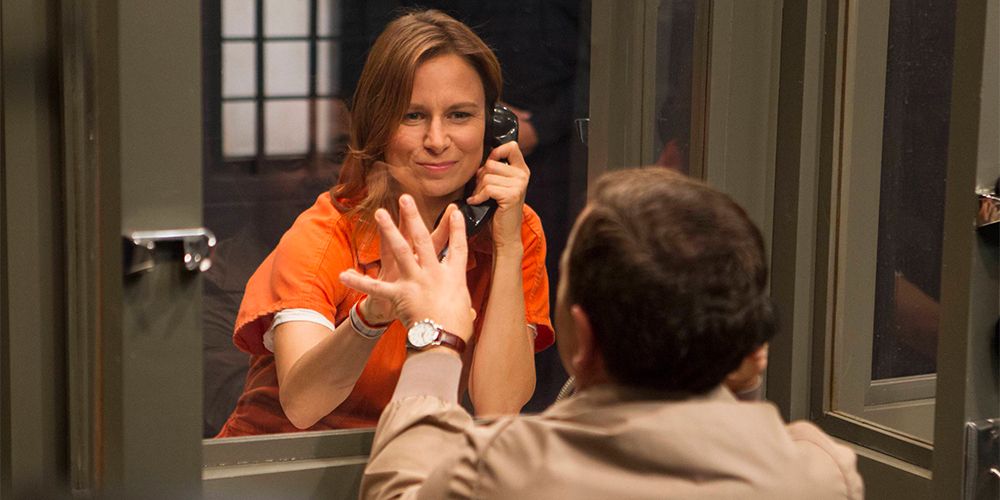
Most romantic storylines on the show, especially between Jake and Amy, or Rosa and Marcus, or Jake and Sophia, are simply boring. There’s a difference between low-key and dull and the makers simply tried too hard for the characters retain their earthiness, so much so that they didn’t put enough effort into making their romantic arcs adventurous or engaging.
Rosa and Pimento’s storyline, or Holt and Kevin’s marriage, or most of Charles’ romances are exceptions because of the comic potential, but even Gina’s romance with the father of her child, Milton Boyle, was too random and was wrapped up too hastily. The show settled into the comfort-watch genre too soon, which was a mistake because it really held back the romantic potential of each character.
3 Too Many Character Inconsistencies
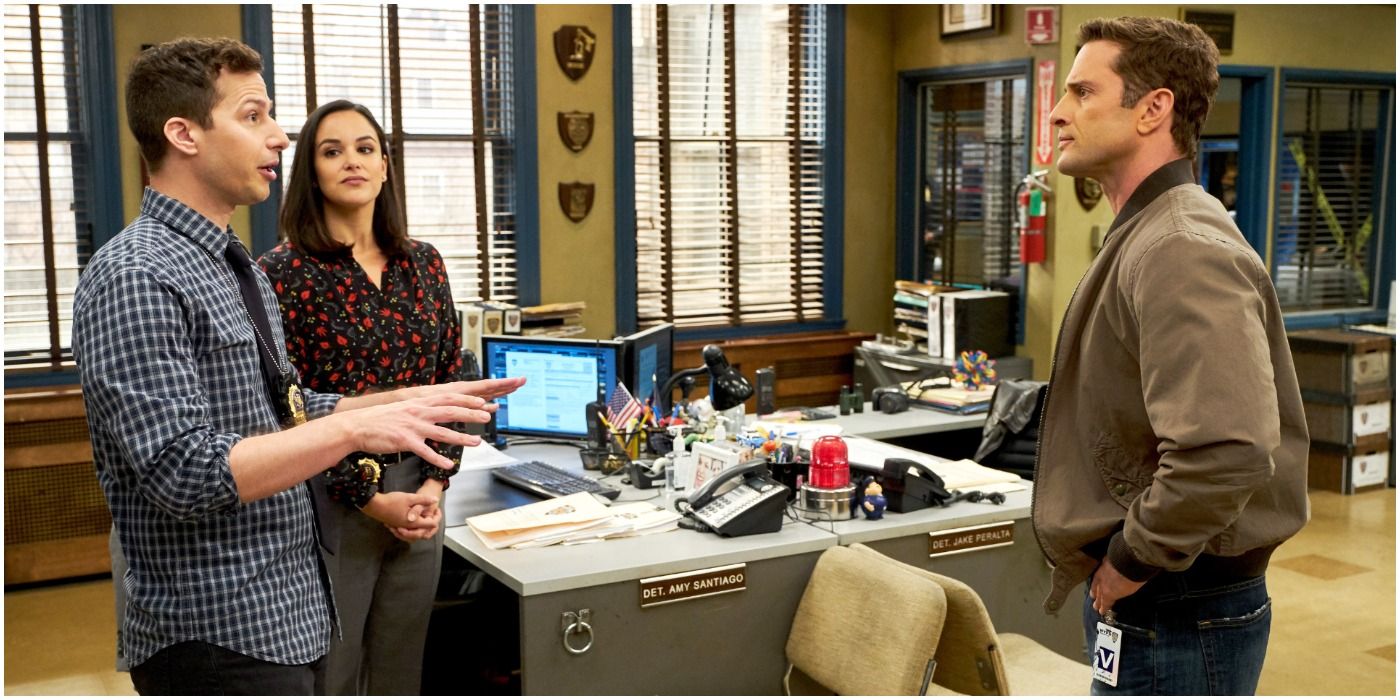
This is something every long-running sitcom has had to deal with but the personalities of Brooklyn Nine-Nine’s main cast, except a few noteworthy exceptions like Charles or Gina, grew unreliable post season 4, which really bothered fans because it was a character-led comedy.
The Florida chapter, for instance, which saw Jake and Captain Holt going undercover was quite sloppily wrapped up and actually contributed nothing to the character’s individual arcs or the dynamic between them as the writers switched a few of their traits to make the storyline sharper. The character inconsistencies were also very noticeable during the beginning of season 3 when the precinct was between captains and the main cast, especially Jake, Terry, and Amy behaved out of character.
2 Not Enough Arcs About Police Corruption
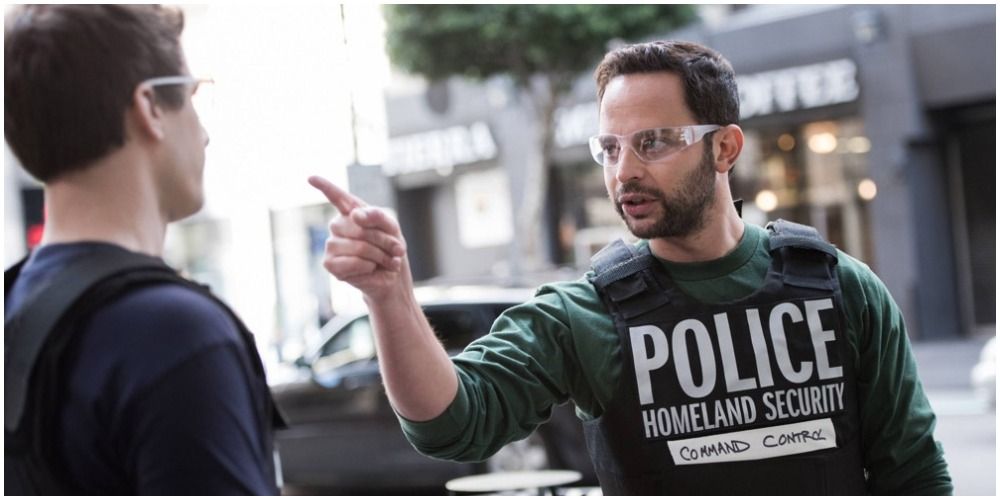
The show has done its fair share to address racial discrimination, sexism at workplace or even certain aspects of profiling, however it’s safe to say that with seven seasons already concluded, the cop comedy simply hasn’t done enough to explore the injustice that exists within law enforcement or how police brutality actually works. It seems somewhat irresponsible that the show bypassed some of the heavier subjects, because as a comedy, the show could have communicated this more effectively.
Season 8 will reportedly address a few elements of police-led discrimination, as brought up during the Black Lives Matter protests. But a show that entirely follows cops obviously has already had the privilege to explore or address certain elements of police corruption that will make the audiences take note.
1 Lost Its Repeat Value
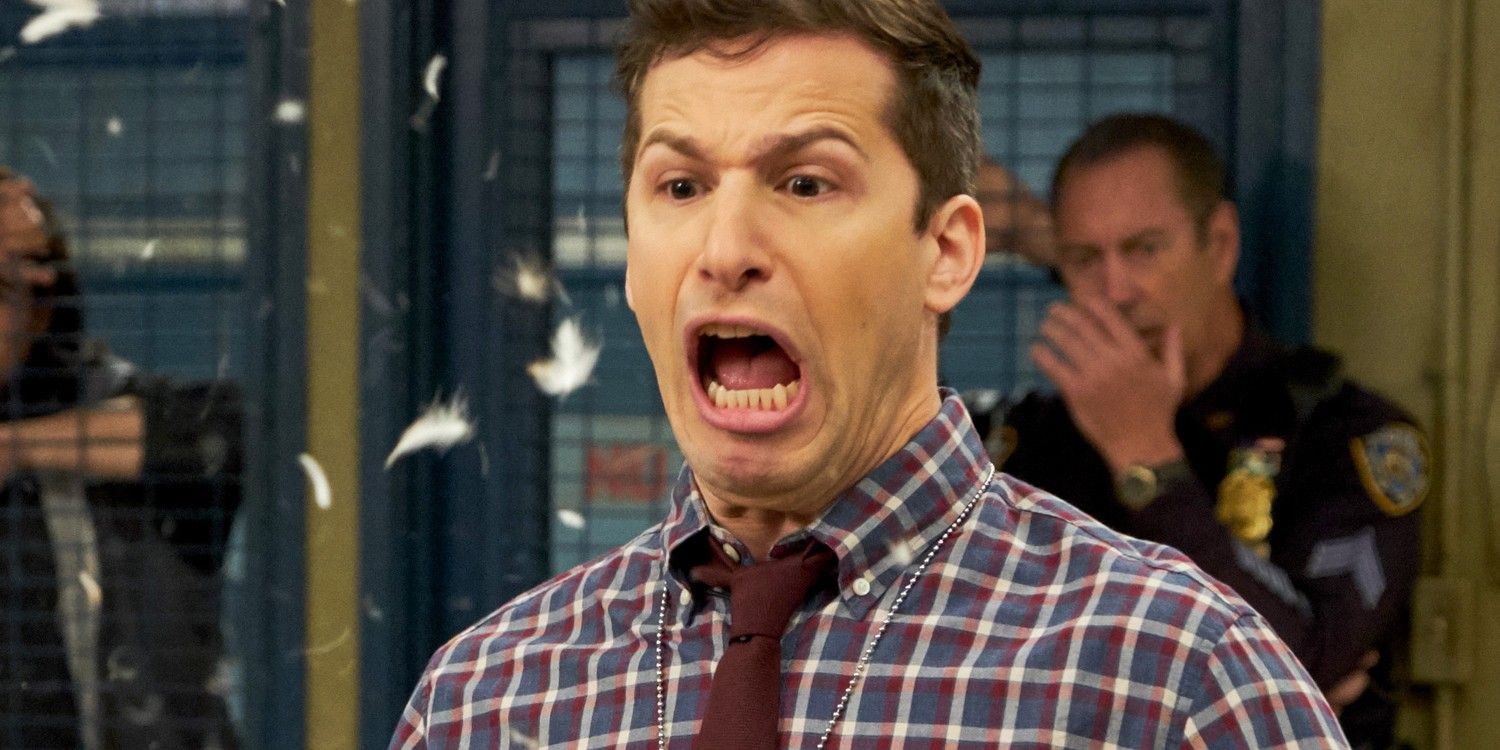
It’s important to remember that Brooklyn Nine-Nine wasn’t developed as binge-watching content but as a traditional episodic sitcom. Its relevance as binge-watch may have taken a toll on its screenplays because the writers were clearly looking to make a commercial comfort watch; although it retained its signature quirk and its laughter nexus had a subjective quality which made the show really adaptable, it began producing episodes which are less repeatable.
The first two seasons are high on repeat value because it was very aware of its situational comedy origins, but the later episodes were drafted to be not too punchy which put a dampener on its repeat value.
from ScreenRant - Feed https://ift.tt/3ro8UZR


0 Comments